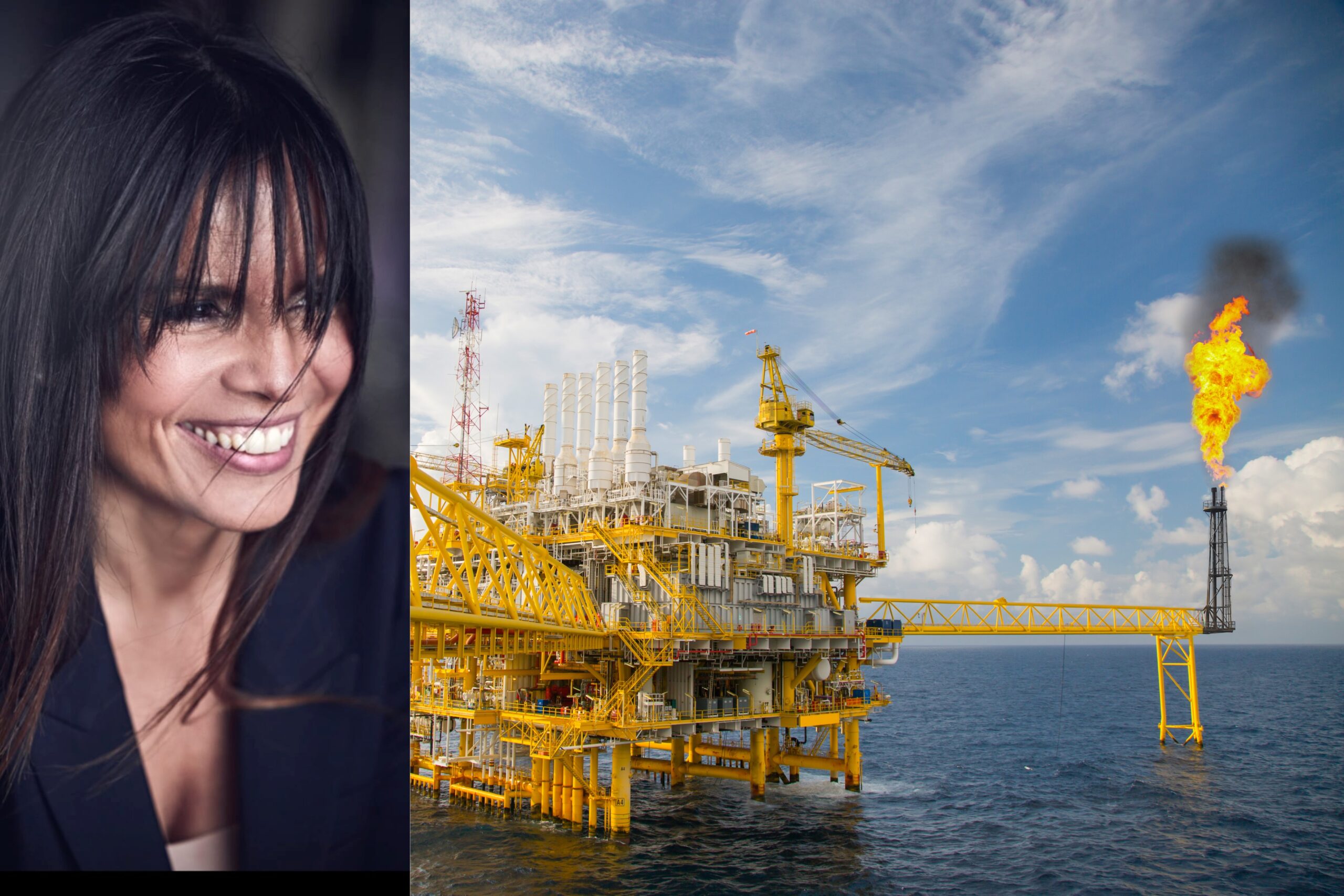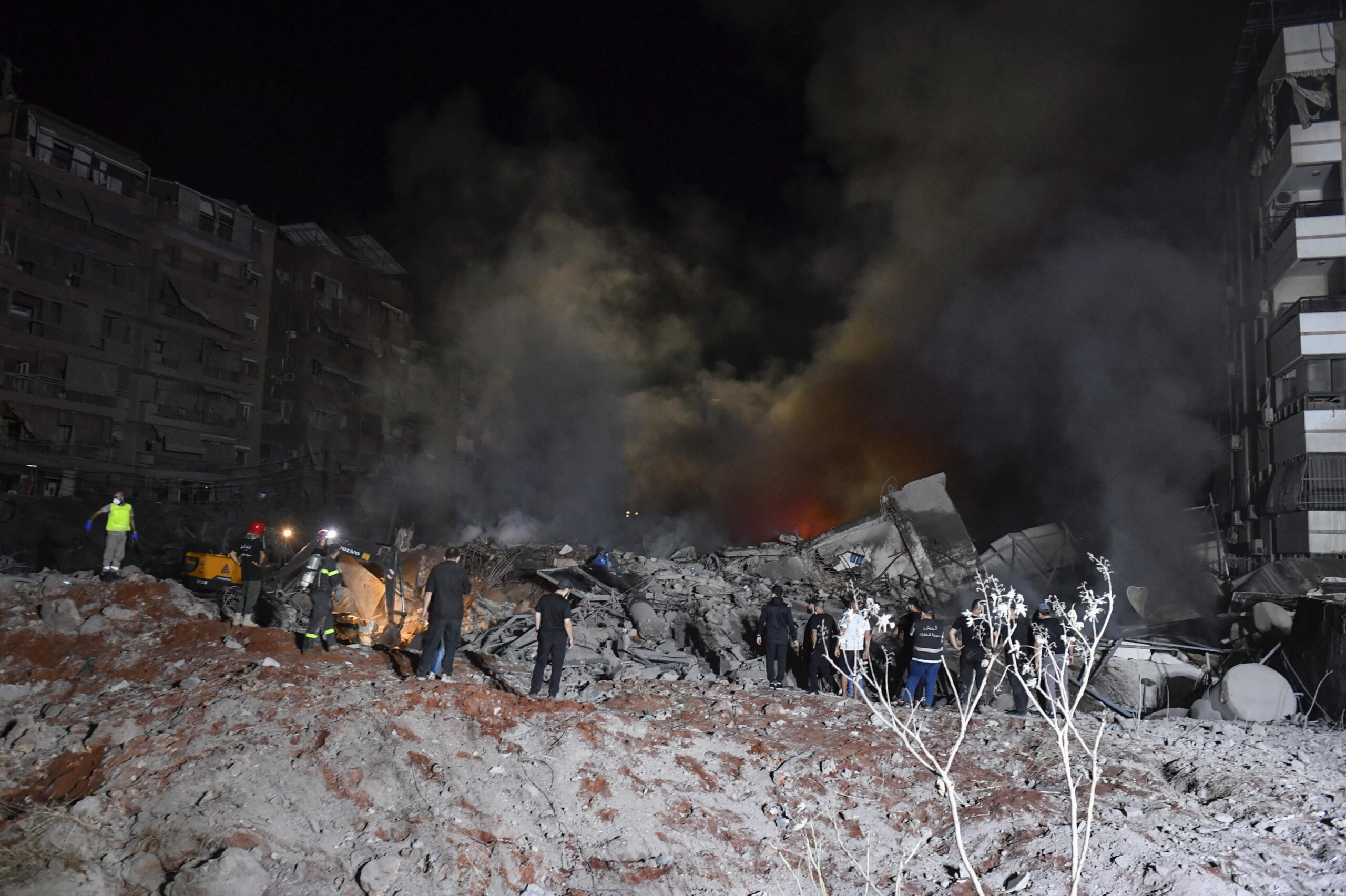After the conference of Chinese finance ministers on Saturday, the price of oil fell again, not helped by the latest data on price developments.
With ongoing conflicts, from the Middle East to the Russian-Ukrainian one, to the Taiwan Strait, the first thing one might expect is a rise in the price of oil. Why isn't it moving? It still trades below $80 a barrel, and only six months ago it was above 90. Although tensions have worsened over the past two weeks, the situation has not changed . In fact, it is above all the classic game of supply and demand that moves it. The economic outlook points to a slowdown in the medium term and oil demand could decline as a result. But it is above all China which is doing nothing, due to the crisis affecting the country.
What is happening to the Chinese economy
The Chinese continent is no longer growing as before. Its consumers aren't buying and that's a problem. The Central Bank made some maneuvers that economists applauded, but once the initial reaction passed, they were not enough. Yet these were important decisions: the People's Bank of China reduced short-term lending rates and, on the same day, lowered the bank reserve ratio (i.e. you can have less of money in reserve and give it to the economy). Initial reaction of oil and luxury stocks (sales of which are stagnating in China), then stabilization again. For economists, the crisis is structural and, in addition to monetary policy decisions, budgetary decisions are necessary. Read: putting money in the pockets of citizens. The Chinese Minister of Finance's press conference on Saturday October 12 was eagerly awaited. But his remarks were called a “failure” by many analysts who expect – for the situation to be resolved – at least a trillion dollars in aid, a whatever it costs with Chinese sauce which nevertheless does not arrive. Thus, the price of oil, after Saturday's conference, fell again, not helped by the latest data on price developments: the country sees the specter of deflation. Prices are not increasing, a sign of an economy in difficulty.
The Iranian variable
A final note for the completeness of the information. Oil would also rise in another scenario: if Iran gets involved. The last real jump towards 79 dollars (but we must always take into account the context, only six months ago oil was above 90 dollars per barrel) was recorded after the missiles launched by Iran towards Israel. Israeli retaliation for this missile attack was slow in coming but Tehran's action was enough to reinvigorate crude oil. In fact, the markets fear that in this case there could be supply problems. It would be enough to close the Strait of Hormuz – through which almost all Arab and Iraqi oil passes – or to attack the oil sites of the Gulf countries, allies of the United States and friends of Israel.
The importance of the Strait of Hormuz
Liquefied gas also passes through Hormuz, called LNG, which then transforms back into a gaseous state once it arrives at its destination, from Qatar. However, it must be said that last year others arrived in Italy from the United States and Algeria. How much oil does Italy import from the Middle East? We went from 30% in 2020 to around 15% today: in 2024, Libya will be our leading oil supplier. However, it is worth pointing out that Iran exports gas via pipelines to neighboring countries, but it exports oil via Hormuz mainly to China. In other words, if Iran blocked Hormuz, it would harm itself.
In the photo: Mariangela Pira and an oil well


